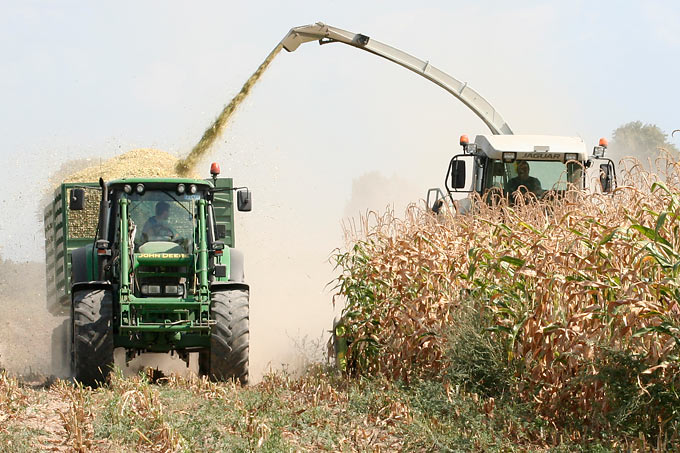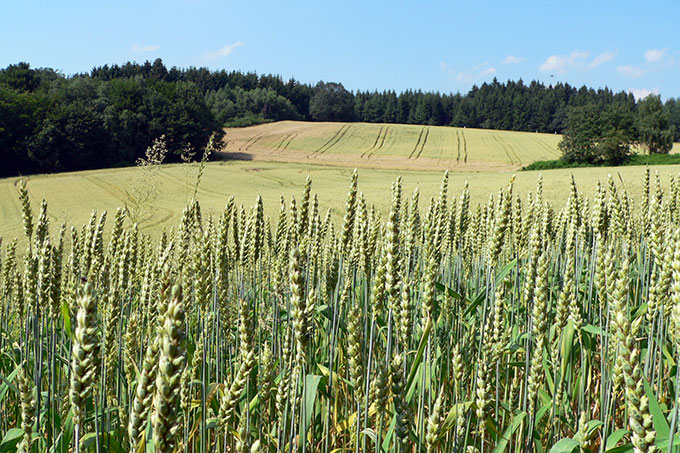Results of 2009 global Policy Report - Agriculture at a Crossroads
Farming in times of climate change and hunger
Agriculture is the largest employment sector worldwide and provides the basic livelihood for approximately 2.6 billion people. Globally, aside from being the largest sector of employment, agriculture is a decisive economic factor in many developing countries. Agriculture faces extreme challenges: feed a growing population, meet consumer expectations as wealth increases and cope with the pressure climate change places on farmers.
Having reached this understanding of current agriculture policies and practices and their long-term negative impact, not only on the environment but on people involved in farming, the World Bank and the United Nations initiated an international Assessment process in 2003. 500 scientists from all continents collaborated over a four years period in order to find an answer as to how farming worldwide can be re-designed to make it environmentally friendly, fair and equitable.
Click here for the 2009 Agriculture at a Crossroads report
Further publications supporting and promoting this theme are available. The „Deutsche Bank“ has published an excellent 43 page-long forecast paper. Its author, Claire Schaffnit-Chatterjee, speaks up for organic farming as the best solution to farming in Africa. This is a remarkable conclusion considering that the Deutsche Bank represents capital and investor interests. She condemns patents and licences on seeds. Rural or smallholder farmers find their livelihoods threatened when they are forced to rely on „improved“ seed varieties promoted by the global seed industry.
A current report published by the United Nations Conference on Trade and Development (UNCTAD) focuses on the question how agriculture can be adapted to climate change in developing countries. The report concludes that organic farming is also the best solution when dealing with the reduction of greenhouse gas emissions as well as feeding a growing population.


